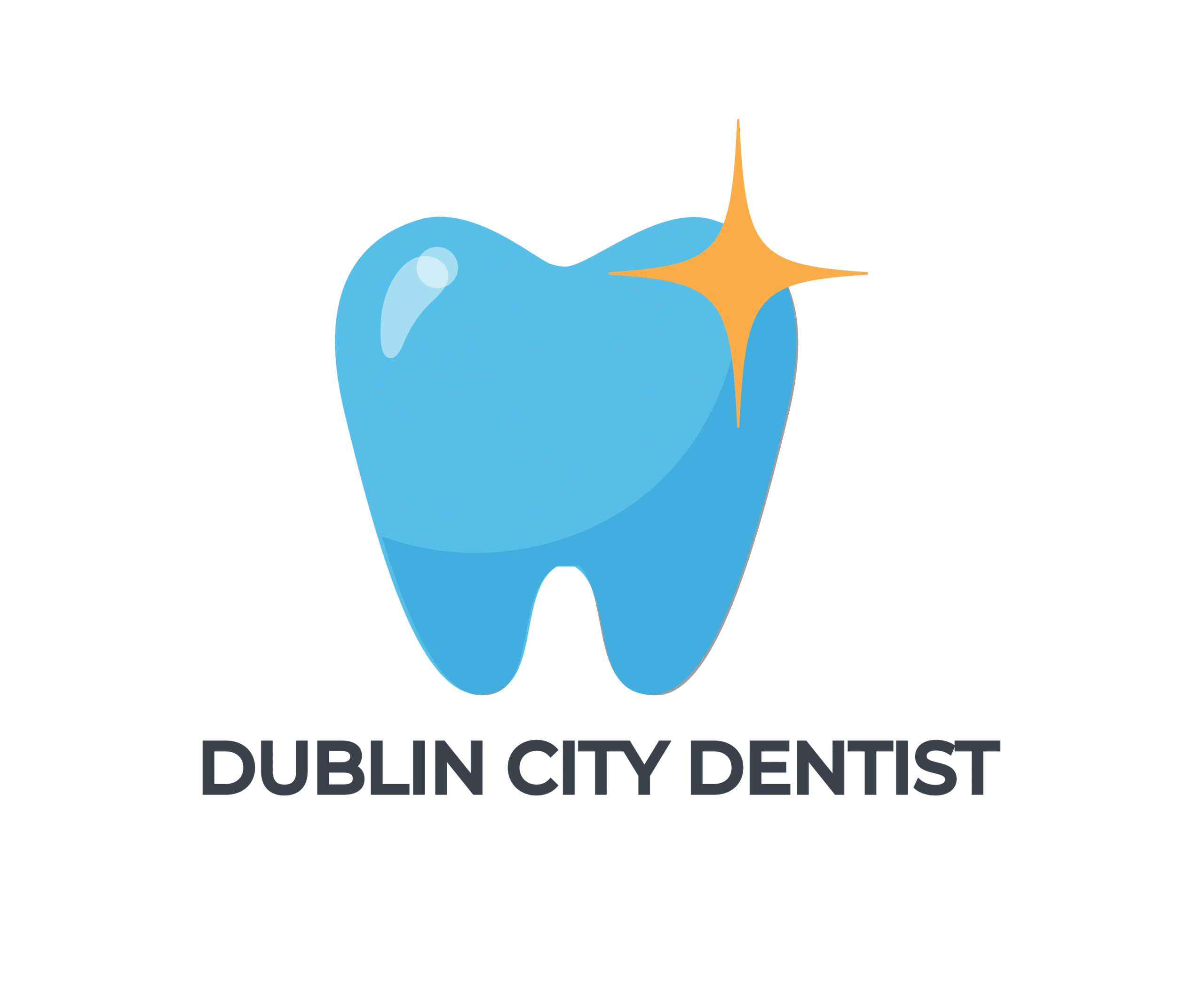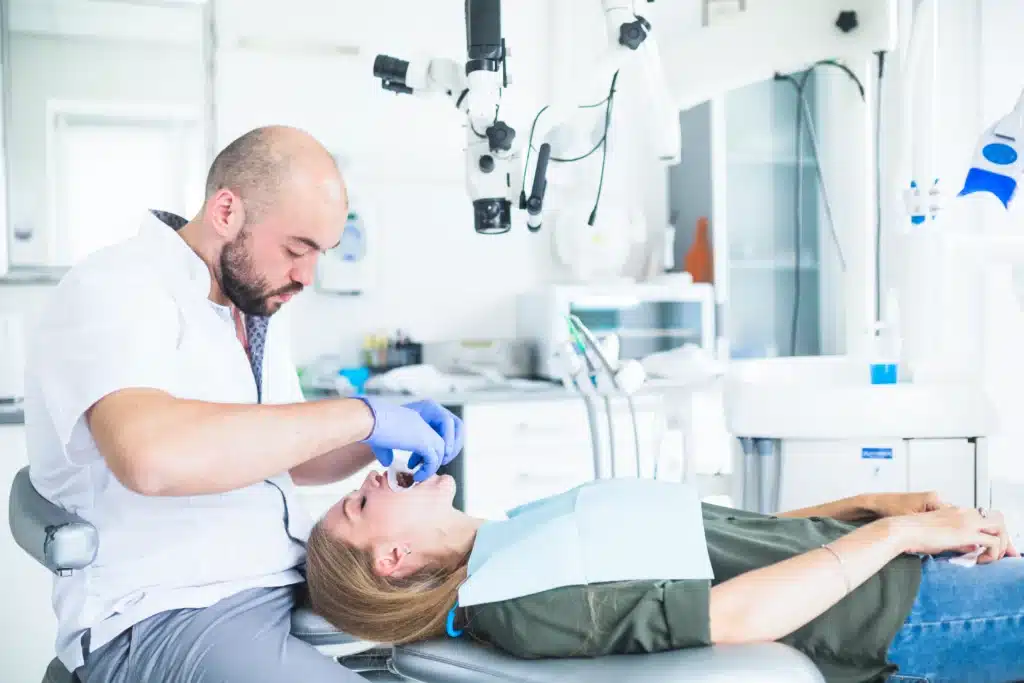How to Prevent Cavities: Quick and Easy Tips

Cavities, or dental caries, are some of the most prevalent oral health problems that can impact patients of all ages. These tiny holes in your teeth are caused by tooth decay, which begins with the formation of plaque and the acid it generates that wears away the enamel. Effective techniques that will help you maintain the health of your teeth and keep them free of cavities can be found in this complete guide.
What Are Cavities?
Cavities, or dental caries, are the permanently damaged areas in the hard surface of your teeth that develop into tiny openings or holes. They are a combination of factors that contribute to their development, including bacteria in your mouth, snacking between meals, sipping on sugary beverages, and not cleaning your teeth properly.
Causes of Cavities
The main causes of cavities that can affect different patients are:
- Bacteria and Plaque Formation: Bacteria in the mouth feed off the sugars and starches stuck to your teeth and, in doing so, create acid that attacks the enamel.
- Frequent Snacking and Sipping: Regular consumption of sugary or acidic foods and drinks produces that environment in which bacteria can live and grow.
- Poor Oral Hygiene: Inadequate brushing and flossing allow plaque to form and harden into tartar, the remnants of which can wear away the enamel.
Importance of Oral Hygiene
- Daily Brushing Techniques: Good brushing habits are vital in removing plaque and preventing the development of cavities:
- Use a Soft-Bristled Brush: A soft-bristled toothbrush will help you not damage the enamel or your gums.
- Brush for Two Minutes: Make sure you are brushing for no less than two minutes and reaching all of your teeth’s surfaces.
- Angle Your Brush Correctly: Angle the toothbrush at a 45-degree angle to the gums.
Flossing Tips
Flossing removes food particles and plaque from between your teeth and below the gumline, where the bristles of your toothbrush don’t reach:
- Go Long: Use 18 inches of floss so you’ll use a fresh area for each tooth.
- Be Gentle: Don’t pop the floss between your teeth. It could cut your gum tissue.
- Curve the Floss Around the Tooth: Gently, work the floss between your teeth. Then curve the floss around the base of each tooth in a C-shape.
- Up and Down: Gently move the floss up and down, cleaning the sides of each tooth.
Diet and Nutrition
How does your diet and nutrition affect your dental health?
There are some foods and drinks that can really increase your chances of getting cavities. Foods and drinks full of sugar, like candies, colas, and energy or sports drinks, are a big offender because they’re full of sugars that bad bacteria just love to eat. Starchy foods like bread, chips, and pasta can get stuck in between your teeth and give bacteria a feast. And watch out for acidic foods and drinks like citrus fruits and fruit juice—they can wear away your enamel over time.
There are plenty of foods that are good for your teeth, too. Dairy foods like cheese, milk, and yogurt are full of calcium and phosphates, which keep your teeth strong. And foods with lots of fiber like apples, carrots, and celery help create a lot of saliva, which washes away food particles and acids. And don’t forget about water! Drinking water, especially fluoridated water, helps wash away food particles and neutralises acids.
Dealing with cavities?
We understand the frustration and discomfort it can cause.
Our premier dental clinic in Dublin, we offer a comprehensive approach to help you treat cavities with precision and care.
Fluoride
Fluoride is a mineral that’s very important to dental health. It helps to rebuild weak tooth enamel, reverse early signs of tooth decay, and make your teeth even more resistant to acid attacks from plaque bacteria and sugars. There are lots of ways you can gain fluoride: using fluoride toothpaste and mouthwash, drinking fluoridated water, and receiving professional fluoride treatments from your dentist when you have check-ups.
Fluoride
Regular dental visits are an important part of good oral health and cavity prevention. A dentist can locate cavities that are just beginning and fill them before they become a serious problem. Plus, teeth cleanings and tartar removal can eliminate plaque that even brushing and flossing leave behind.
How Often to Visit?
You should visit your dentist at least every six months for general cleanings and check-ups. But your dentist may recommend that you come more frequently, depending on your oral health needs.
Home Remedies and Natural Solutions
- Oil Pulling: Oil pulling is an age-old remedy by which you simply rinse your mouth using oil, such as coconut oil, as a way to wash away bacteria and promote better oral health. It can be effective in removing plaque and fighting off cavities. Simply take a tablespoon of oil and swish it around your mouth for about 15-20 minutes, then spit it out and rinse your mouth.
- Baking Soda: Baking soda is a naturally occurring abrasive which washes away plaque and can help to neutralize the acids which accumulate in your mouth. You can create a simple paste by mixing baking soda with water and brushing it on your teeth. This can be an effective way of keeping your teeth clean and white.
- Avoiding Tobacco: Using tobacco, in the form of smoking or chewing, can create a great number of oral health issues, including the development of cavities. Giving up tobacco is vitally important to promoting healthy teeth and gums.
- Limiting Alcohol: Too much alcohol use can lead to a dry mouth, which can inhibit the production of saliva and cause a greater likelihood of cavities. Limiting alcohol consumption can be effective in protecting your teeth.
Common Myths About Cavities
1. Sugar and Cavities
Contrary to popular belief, cavities are not caused by sugar and sugar alone. The relationship between sugar and decay is made worse when oral hygiene is subpar. When sugar lingers on your teeth, the bacteria that resides in your mouth reacts with sugar, generating acid that eats away tooth enamel. Sufficient brushing and flossing can help remove sugars and bacteria and reduce the likelihood of cavities.
2. Natural Remedies
While some natural remedies can be beneficial in promoting dental health, they should never be used as treatments in the place of regular dental procedures. Oil pulling and the use of herbal mouth rinses are beneficial, but never use these as substitutes for good tooth brushing, flossing, and regular dental appointments.
Cavity Prevention Tools
- Best Toothpaste: When you are shopping for toothpaste, be sure to find one that combines fluoride with anti-cavity properties. Good brands include Colgate Total and Crest Pro-Health. Fluoride may help provide strength to the enamel of your teeth and make it more resistant to decay.
- Top-Rated Floss: Good flossing technique is important in removing plaque from between your teeth, where your toothbrush can’t reach. One popular floss is Glide Oral-B Pro-Health Deep Clean Floss as it glides comfortably between your teeth and effectively removes plaque.
Remember, the right oral hygiene habits and the right products are key to preventing cavities. If you have further questions or need more advice that is specific to you, feel free to call Dublin City Dentist on your next visit!

Save up to 50%
on all services!
Why wait to get the perfect smile you’ve always wanted?
Our team of experts is committed to providing personalized care and attention, and we take the time to listen to your concerns and answer all of your questions.






